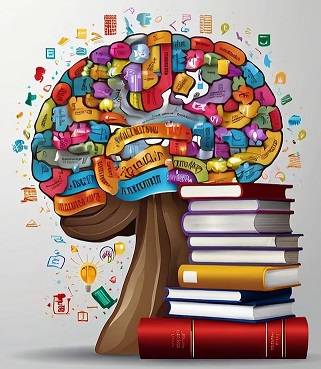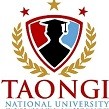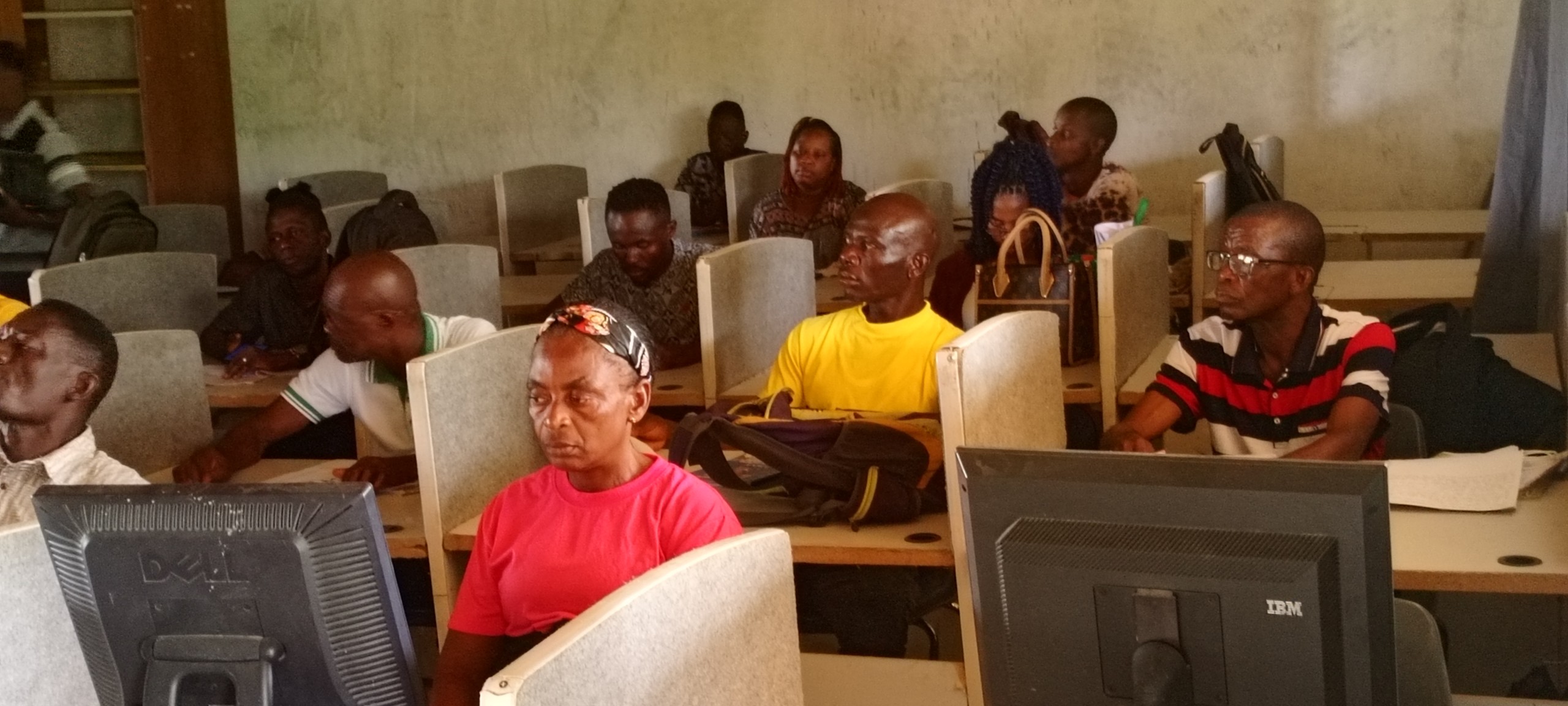

ED 102 Philosophy of Education
- 4 Sections
- 40 Lessons
Educational Quotes, Critical Thinking, And The Definitions Of Education
Historical Figures and Philosophies
- Ancient Philosophers: Socrates, Plato, Aristotle, and their ideas on education.
- Medieval Philosophers: Augustine, Aquinas, and their views on faith and education.
- Modern and Contemporary Philosophers: Locke, Rousseau, Dewey, and their contributions to educational thought.
- Major Educational Philosophies: o Essentialism, Perennialism, Progressivism, Reconstructionism
- Essentialism, Educational Philosophy
- Perennialism
- o Progressivism
- Reconstructionism
- Other philosophies: Behaviorism, existentialism, critical theory, and multiculturalism.
- Behaviorism
- Existentialism
- Critical theory
Philosophical Issues in Education:
- The aims of education: What should education strive to achieve?.
- Curriculum development and analysis: How should we decide what to teach?
- Teaching and learning: What are effective teaching methods?.
- Assessment: How should we evaluate learning?
- Education and society: How does education relate to social and political issues?
- Ethics in education: Moral development, values, and social justice.
- The role of the teacher: Authority, guidance, and critical reflection.
Applying Philosophy to Educational Practice:
- Curriculum analysis and design:
- Teaching strategies: Implementing philosophies in the classroom.
- Assessment methods: Aligning assessment with educational goals and philosophies.
- Idealism and education
- 2. Realism and education
- 3. Eastern philosophy, religion, and education
- 4. Rationalism and education
- 5. The enlightenment and education
- 7. Pragmatism and education
- phenomenology and education
- 12. Marxism and education
- 13. Postmodernism and education
- Addressing controversial issues
- Promoting social justice and equality
ED102 3 SH Philosophy of Education:
This course covers the major historical and contemporary figures, key concepts, and philosophical approaches relevant to education. It also explore the relationship between philosophy and educational practices, including curriculum development, teaching methods, and assessment. Additionally, the curriculum encourages critical thinking and reflection on the aims and goals of education.
In sum, this is a comprehensive survey of the historical and philosophical development of education is given. Emphasis is placed upon the implications for education, which are found in the scriptures, with focus upon the comparative roles of the Private School Movement and the public school system.
Want to submit a review? Login


